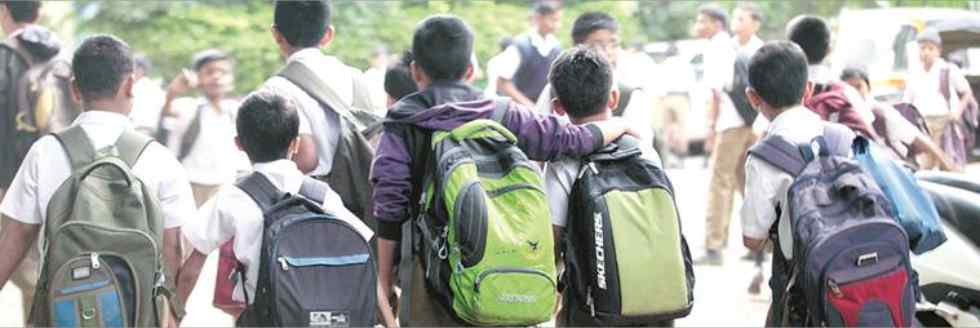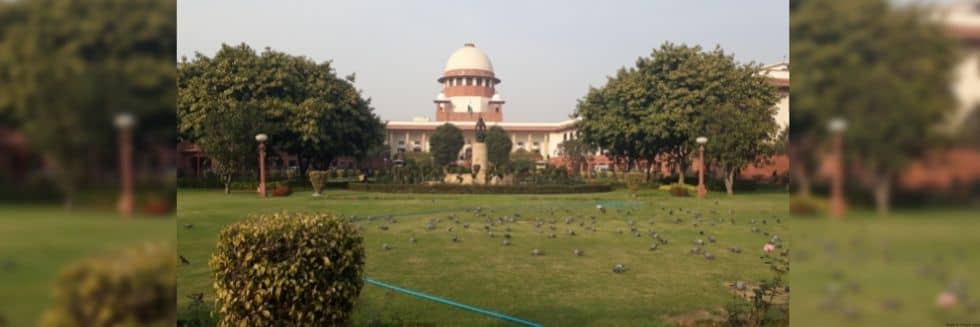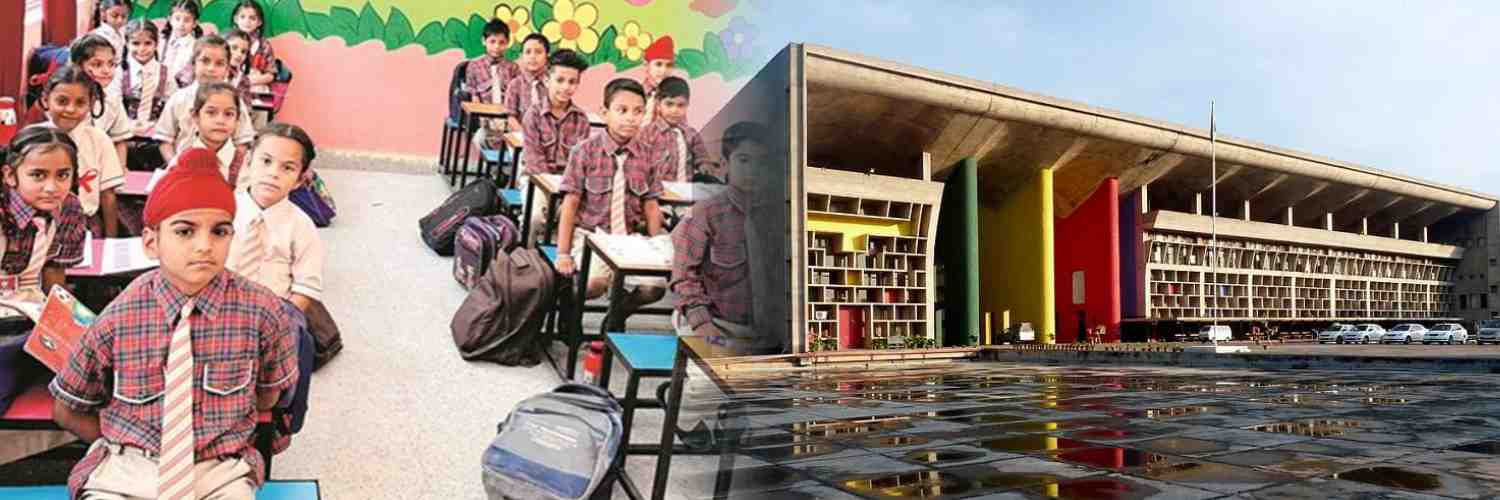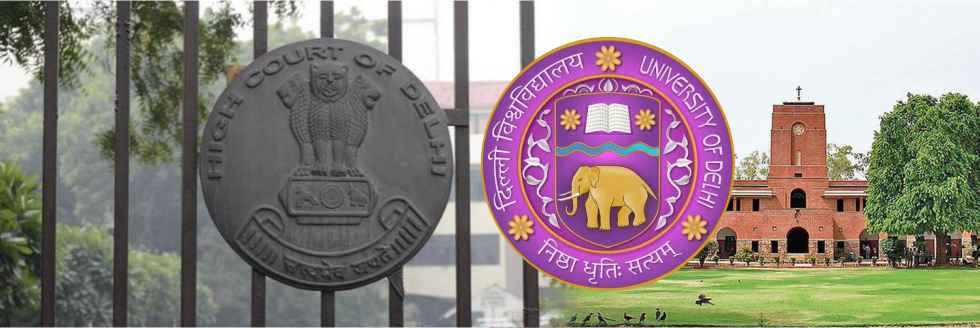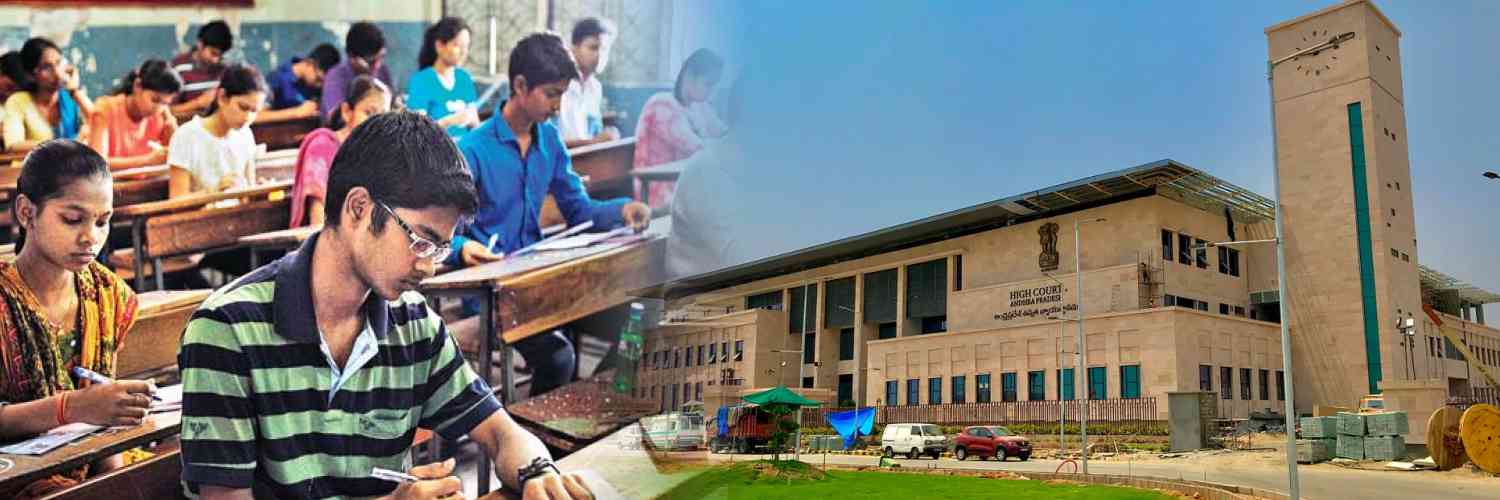On 29th July, the Government has introduced the New Education Policy. This Policy aims to modify the higher education structure in India. Earlier in May, the Prime Minister had reviewed the New Education Policy Draft. This Policy is prepared by the experts under the guidance of Former ISRO (Indian Space Research Organization) Chief K. Kasturirangan.
Union Minister for Information and Broadcasting along with the Union Minister for Human Resource Development made the announcement. This latest policy aims to make India a “Global knowledge Superpower”. The Government aims to bring this new policy before the new academic session begins.
In the case of school education, previously the classes were divided into 10 years plus 2 years. Now the system has been transformed into 5+3+3+4 curriculum structure corresponding to ages 3-8, 8-11, 11-14, and 14-18 years respectively.
In the first stage, deals with children from the age group of 3 to 8 years. To the existing system of Pre-school, Grade 1 and 2 have been added. This is done for the development of language skills and aims for a more play or activity-based curriculum.
In the second stage, the learning will be again an activity-based and interactive classroom session. The medium of language will be the mother tongue. State governments will be given discretion on deciding the language.
The third stage involves a method of experimental learning in all fields. The final stage includes Grades 9 to 12, where students are given a wide range of subjects to choose from. This in turn increases the critical thinking ability of the students.
Various changes have been made to the UG/PG Courses. The bachelor’s degree has been extended to 3 to 4 years which includes. The students have been given multiple exit options. In the fourth year of bachelor’s degree Research will also become a part of the curriculum. This will be done in the form multi-disciplinary approach. It will focus on the major and minor subjects chosen by the student. They have the freedom to exit the courses and re-enter based on the credit system.
The Master’s Degree problem will be for one year. It will be two years for the students who have opted for the three-year bachelor’s degree. For such students, the second year will be completely research. M. Phil Program will be discontinued. Students will be eligible for a Doctorate after their Master’s Degree. If this Policy is implemented properly India’s education system will be in par with various developed countries.
This news has been written and submitted by Ms. Navya Sony during her course of internship at B&B Associates LLP. Ms. Navya is a final year law student of Symbiosis Law School, Pune.
